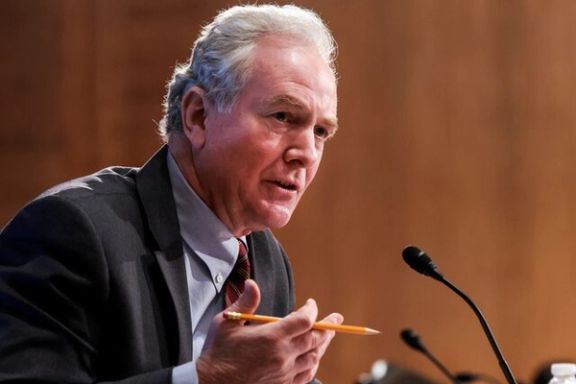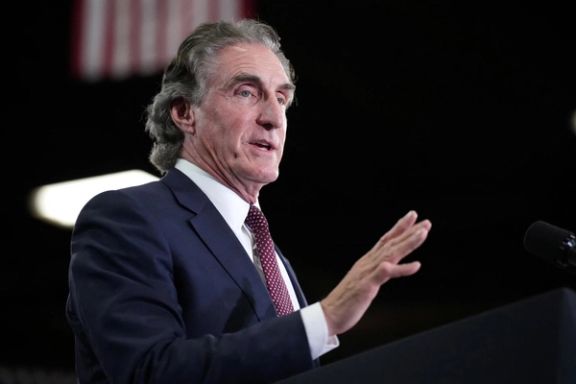“Almost all of the material lies under the rubble, and we have no plan to retrieve it until the circumstances permit,” Araghchi said. “We do not know how much of it remains intact or has been destroyed, and we will not know until we can remove it.”
Israel and the United States attacked Iranian nuclear sites in a 12-day June war, setting back the nuclear program but leaving its fate unresolved.
Tehran has since declined to allow IAEA inspectors to resume their inspections.
The strikes, Araghchi said, caused extensive structural damage but failed to destroy Iran’s nuclear know-how.
“Our facilities were hit hard, but technology cannot be bombed,” he added. “More importantly, our determination has not been lost; it has even grown stronger after the war.”
Iran denies seeking nuclear weapons and has accused Western countries of instrumentalizing a technical dispute with the IAEA to deploy onerous sanctions.
No direct talks with Washington
Responding to questions about prospects for negotiations with the United States, Araghchi said Tehran sees no need for direct talks.
“Many countries, for historical and political reasons, avoid direct negotiations,” he said. “We once held direct talks with the Americans and achieved no result. If they are serious, results can be reached even through indirect talks.”
Iran’s preference for indirect channels was based on experience and distrust, he added. “We have no confidence and no interest in direct negotiations,” he said. “Indirect talks can lead to the same outcome.”
‘Equal footing’ for future diplomacy
Discussions, according to Araghchi, could resume whenever Washington was ready to negotiate “from an equal footing and on the basis of mutual interests.” He added: “They seem in no hurry, and we are in no hurry either.”
Diplomacy, he maintained, remains Iran’s guiding principle. “War was imposed on us while we were negotiating,” he said. “For us, diplomacy is essential. We are ready to engage with the world and the West, but it is they who have betrayed diplomacy.”
Iran’s postwar policy, the minister said, would focus on strengthening regional cooperation. “Our priority is our neighbors… We began a policy of good neighborliness with determination and will expand it after the war. We negotiate with the West, but we do not take dictation.”
Limits of nuclear negotiation
Addressing renewed mediation efforts, Araghchi said Tehran remains open to restoring the framework of the 2015 nuclear deal. “The same formula can still apply -- confidence-building on our nuclear program in exchange for lifting sanctions.”
But he drew a firm line on Iran’s defense programs. “There is no reason to negotiate our own security with anyone,” he said.
“A fair nuclear agreement is possible, but the Americans have made unreasonable and excessive demands. When they are ready to negotiate fairly and as equals, we will consider resuming talks.”
Earlier this year, the United States held five rounds of negotiations with Tehran over its disputed nuclear program under a 60-day deadline set by President Donald Trump.
When no agreement was reached by the 61st day, on June 13, Israel launched a surprise military offensive, followed by US strikes on June 22 targeting key nuclear facilities in Isfahan, Natanz, and Fordow.
Araghchi’s remarks come as the International Atomic Energy Agency continues seeking access to Iranian sites to verify the status of enriched uranium stocks following the attacks.






